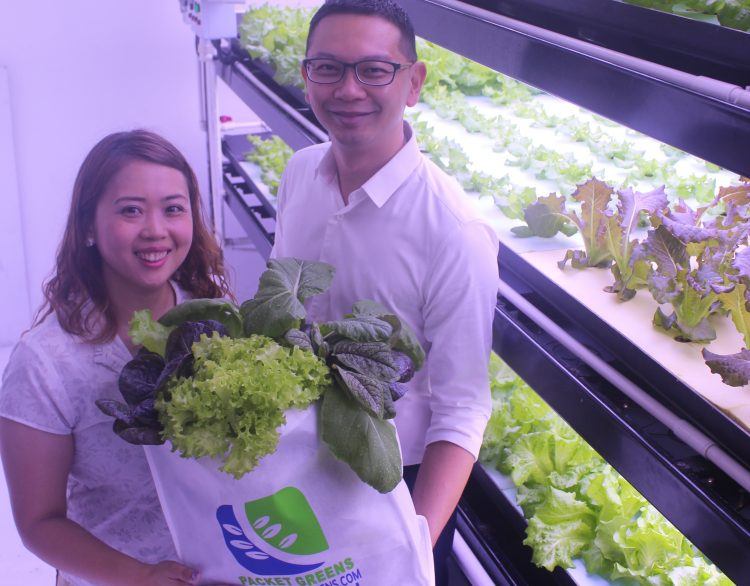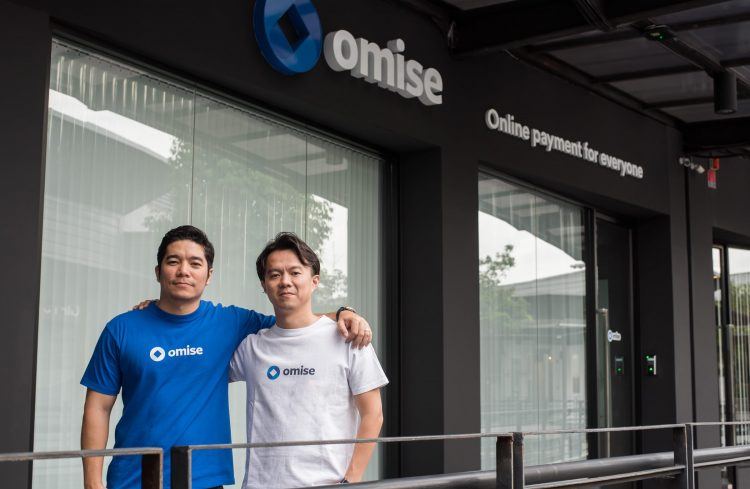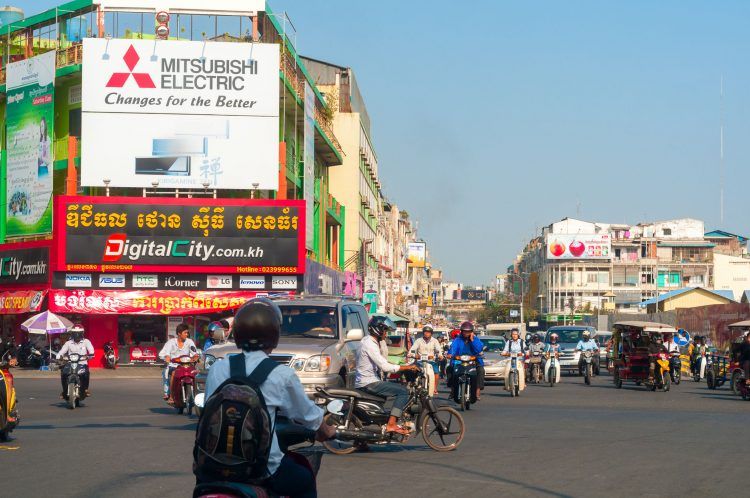
Lazada CEO Max Bittner. Photo credit: Tech in Asia.
Two weeks ago, the big news coming out of Southeast Asia was that Sea – previously known as Garena – had filed for its IPO on the New York stock exchange. Last week, the company released its IPO prospectus – revealing both increasing revenues and widening losses – and attracting the ire of rival Lazada with its claim to be the region’s leading ecommerce player.
Singapore
Sea reports growing revenues but widening losses in the run-up to its US IPO. The Singapore-based ecommerce company released its full IPO prospectus last week, giving a detailed glimpse into its performance. While Sea saw its revenue more than double between 2014 and 2016, its net loss over the same period was of similar proportions. Moreover, between H1 2016 and H1 2017, Sea’s net loss doubled while revenue grew by just 17 percent. (Tech in Asia)
Lazada trashes Sea’s claims about regional dominance. Another snippet from Sea’s IPO prospectus was its claim that Shopee – Sea’s online consumer-to-consumer marketplace – had the largest ecommerce market share by gross merchandise volume and total orders in “Greater Southeast Asia” during H1 2017. Lazada CEO Max Bittner hit back, arguing that his company led the pack “in ‘actual’ Southeast Asia.” Sea’s figures factored in its second-largest market Taiwan, where Lazada has no presence. (Tech in Asia)

AdAsia co-founder and CEO Kosuke Sogo. Photo credit: AdAsia.
AdAsia closes funding round at US$14.5 million after “series A-plus” boost. The adtech startup received US$2.5 million from investors including Japanese news app developer Gunosy, adding to the US$12 million it raised from JAFCO back in April. AdAsia will use the funding to explore applications for its technology outside of the advertising space. (Tech in Asia)
Urban farmer Packet Greens gets US$1.5 million funding. The startup – which combines hydroponics and automation with vertical farming techniques – raised the money from government-linked Spring Seeds Capital and cleantech-focused VC fund Trirec. Packet Greens currently grows 51 crop types in a 167 square-meter farm. The startup claims it can grow five times the crops in half the time compared to traditional farms, given the same amount of land. (Tech in Asia)

Praise Phuan, head of sales and marketing at Packet Greens (L), and Melvyn Yeo, director at Trirec (R). Photo credit: Trirec.
Grab invests in self-driving startup Drive.ai. The US autonomous car startup raised US$15 million from ride-hailing firm Grab and other investors. It will use the funding to expand internationally, and will open a regional office in Singapore. (TechCrunch)
Grab was also reported to have been among the backers of oBike’s series B round. When the bike-sharing company announced the close of the US$45 million round in August, an unnamed “leading global transportation platform” was mentioned as one of the investors. Both Grab and oBike have declined to comment on the rumors. (TechCrunch)
Thailand

Omise co-founders Don Harinsut (L) and Jun Hasegawa (R). Photo credit: Omise.
Omise secures its first post-ICO investment. The payments gateway got an undisclosed amount of “series B-plus” funding from Krungsri Finnovate, a venture fund affiliated with Thailand’s Bank of Ayudhya. Prior to this investment, Omise had raised about US$25 million in venture capital since launching in 2014, as well as US$25 million in an initial coin offering earlier this year. Its market cap post-ICO has already soared above US$1 billion. (Tech in Asia)
Robo-advisor Finnomena nets US$3.2 million series A. Krungsri Finnovate also participated in this round, alongside 500 Tuk Tuks – 500 Startups’ Thailand fund – and local telecom firm Benchachinda. Finnomena offers personal finance advice and news, and claims to have one million views a week across all of its platforms. (Tech in Asia)
Cambodia

Busy streets in Phnom Penh. Photo credit: PapaBear / 123RF.
Uber arrives in Phnom Penh. The US company launched its ride-hailing service in the Cambodian capital, just as regional rival Grab indicated its own availability in the city. Uber also launched UberDeliver, its on-demand courier service, in the Indonesian city of Surabaya on the same day. (Tech in Asia)
This post Here’s what you might have missed in Southeast Asian tech appeared first on Tech in Asia.
from Tech in Asia https://www.techinasia.com/southeast-asia-tech-news-2017-10-02
via IFTTT
No comments:
Post a Comment